Roman Mythology
-
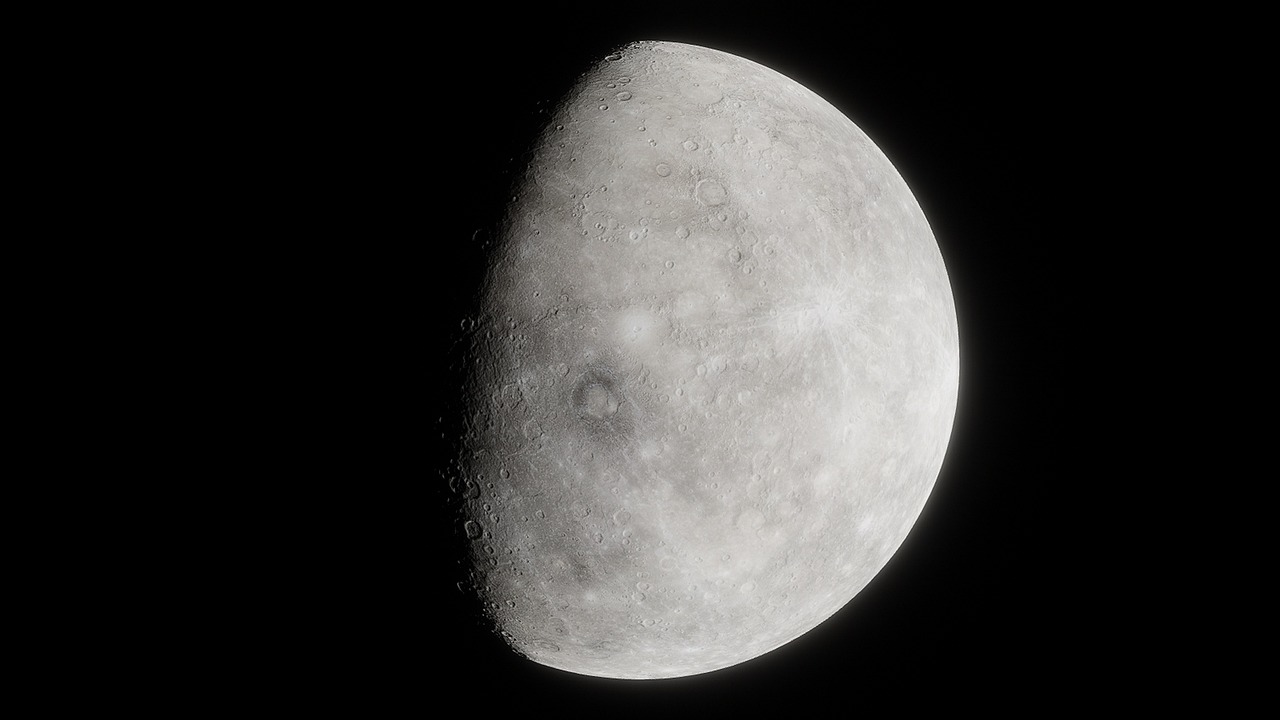
Mercury, in Roman mythology, stands as the deity of wealth, commerce, eloquence, communication, messengers, travelers, borders, and luck. His likeness is often compared to Hermes in Greek mythology as both gods share many similar attributes. Visually, Mercury is characterized as a nimble, youthful figure often adorned with his signature winged sandals and a helmet. These…
-

Arena’s engaging work seeks to explore the ideations surrounding the concept of libertas and how these ideas interlinked with political practices during the late Roman Republic. The author emphasizes Cicero’s oratory and other historical sources such as Sallust, Plutarch, and Dio, positing that a common understanding of liberty among political participants in this era corresponded…
-
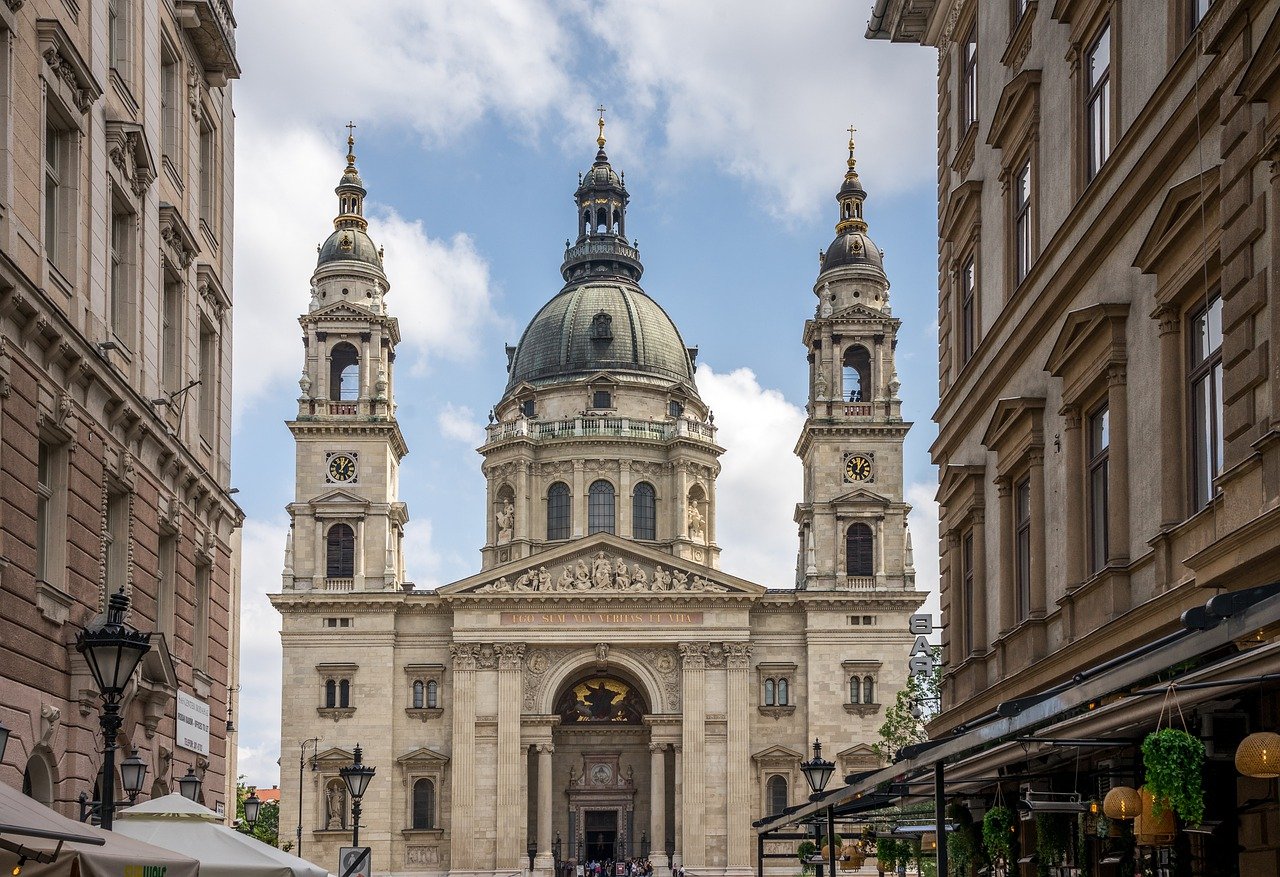
Roman religion refers to the beliefs and practices observed by the inhabitants of the Italian Peninsula from ancient times until Christianity’s rise in the 4th century CE, a period known as Classical antiquity. Cicero, a prominent Roman orator and politician, suggested that Romans distinguished themselves through a unique understanding that all things are ultimately subject…
-

In “Nox: Ici-Bas,” Yves Grevet introduces readers to a thrilling new chapter in the dystopian genre following his earlier works, “Méto,” “Seuls dans la ville,” and “L’école est finie.” The story is set in a dim metropolis shrouded in a dense mist known as the nox, where inhabitants must endlessly pedal or walk to generate…
-

The Enduring Relevance of Terminus: Mysteries of Ancient Borders in Our Modern World Terminus, the god from ancient Rome, symbolizes the essence of boundaries and the protection of boundary stones. This exploration traverses the historical significance of Terminus to contemporary notions of borders. The neoliberal shift has tightened border controls, particularly in wealthy nations, while…
-
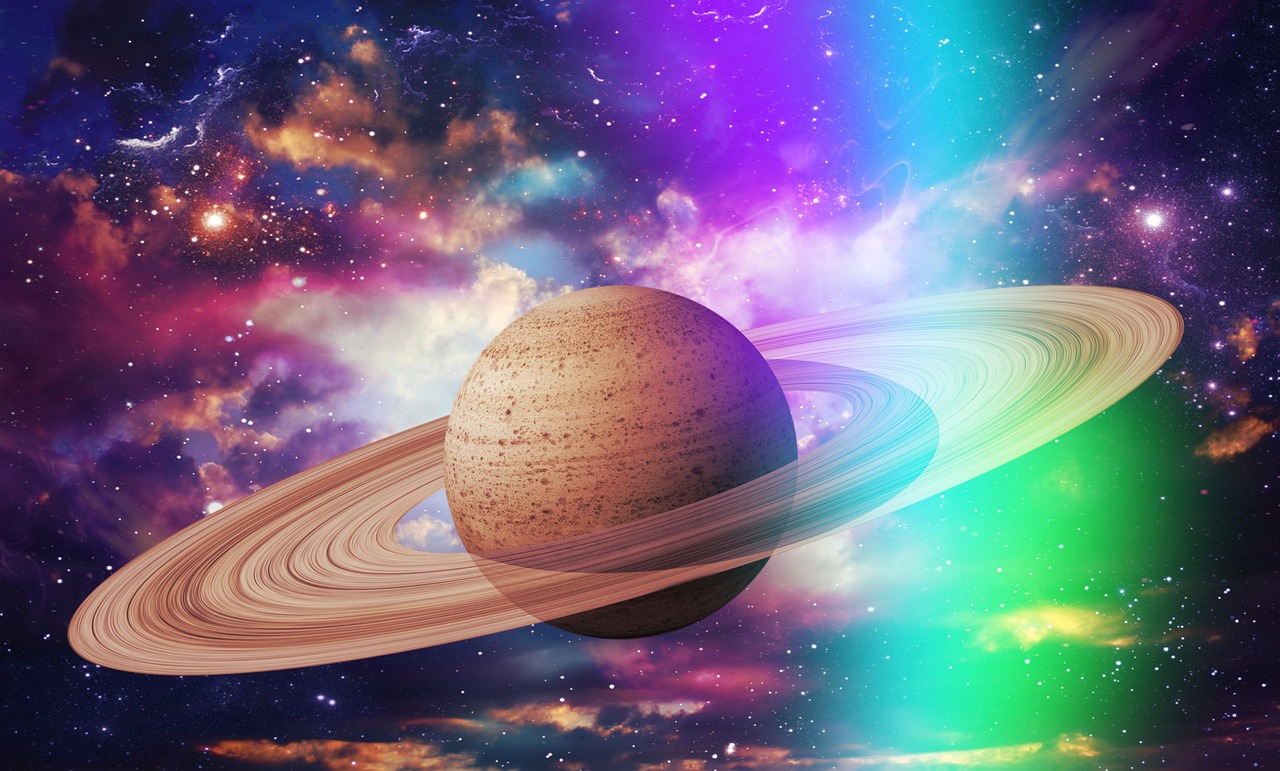
Understanding Saturn in Roman Mythology In Roman mythology, Saturn stands out as a deity linked deeply with agriculture, wealth, and the concept of time. Traditionally portrayed as a venerable figure with a long beard, often equipped with a sickle or scythe, Saturn embodies the notion of the “Golden Age,” a legendary era marked by prosperity…
-
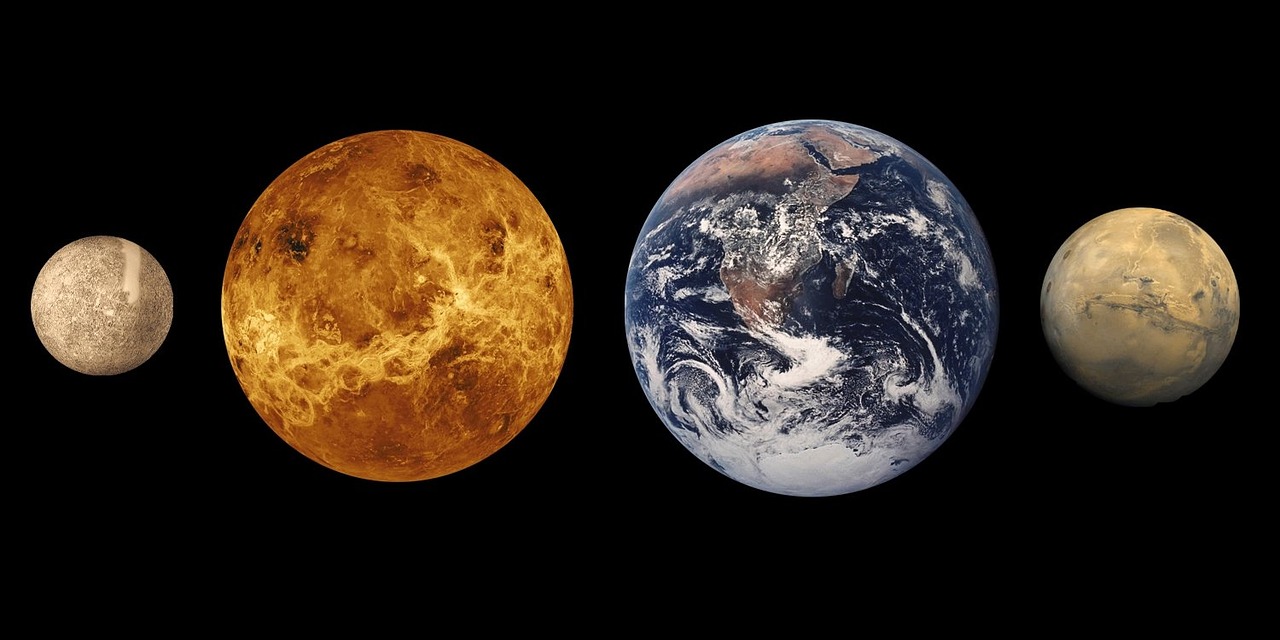
Ancient Roman Bronze Figurine of Mercury This exquisite bronze figurine, originating from the 2nd century A.D., stands 14.2 cm (5.5 in) tall and features a stunning silverfish-green patina. Notably, this solid cast representation of Mercury—or Hermes in Greek mythology—captures the essence of the god of commerce, showcasing various attributes that illustrate his many roles. As…
-
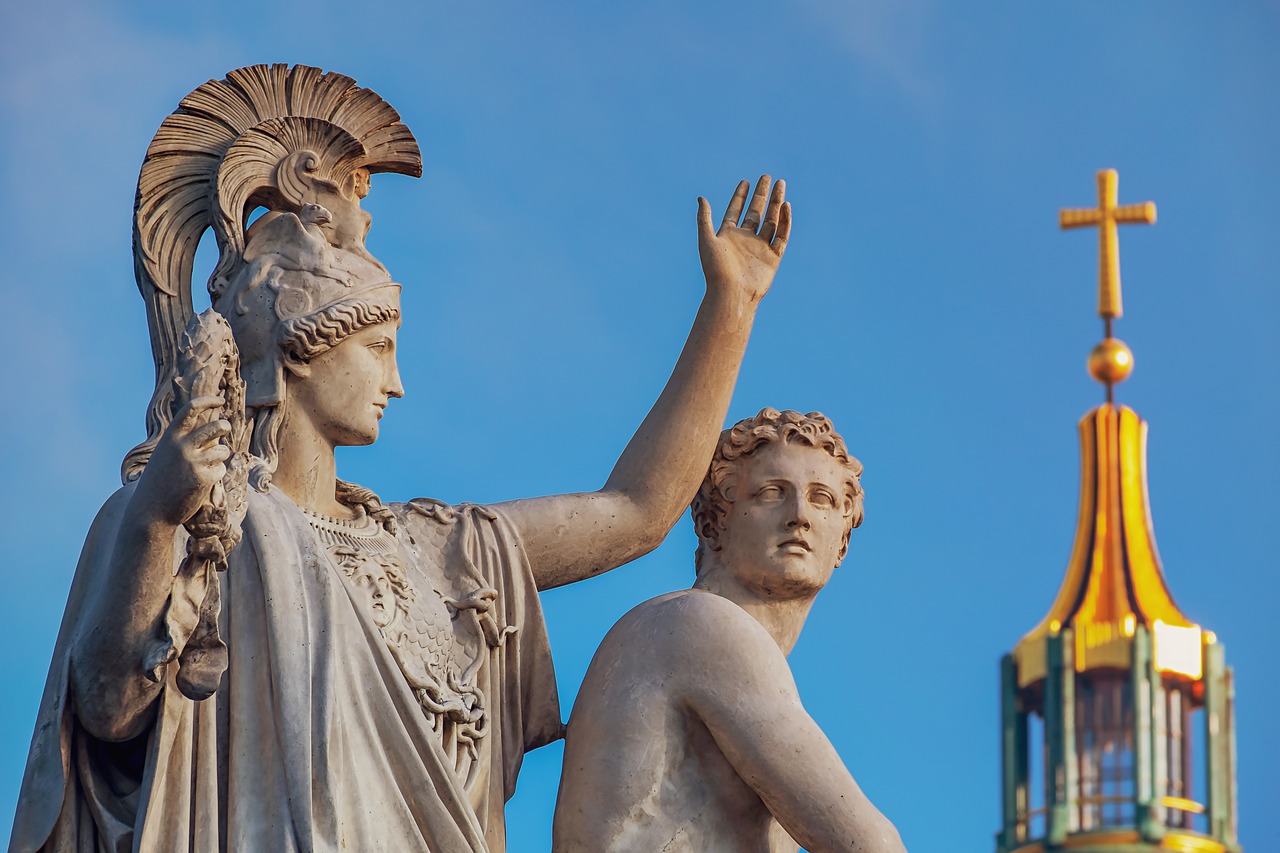
The essence of victory is rooted not in rituals or offerings but in unwavering dedication, bold courage, relentless spirit, and tireless effort. Victory is earned through hard labor and resolute strength, not merely bestowed by divine or mythical figures. A glorious depiction of victory may stand in an opulent temple, but without the necessary traits…
-
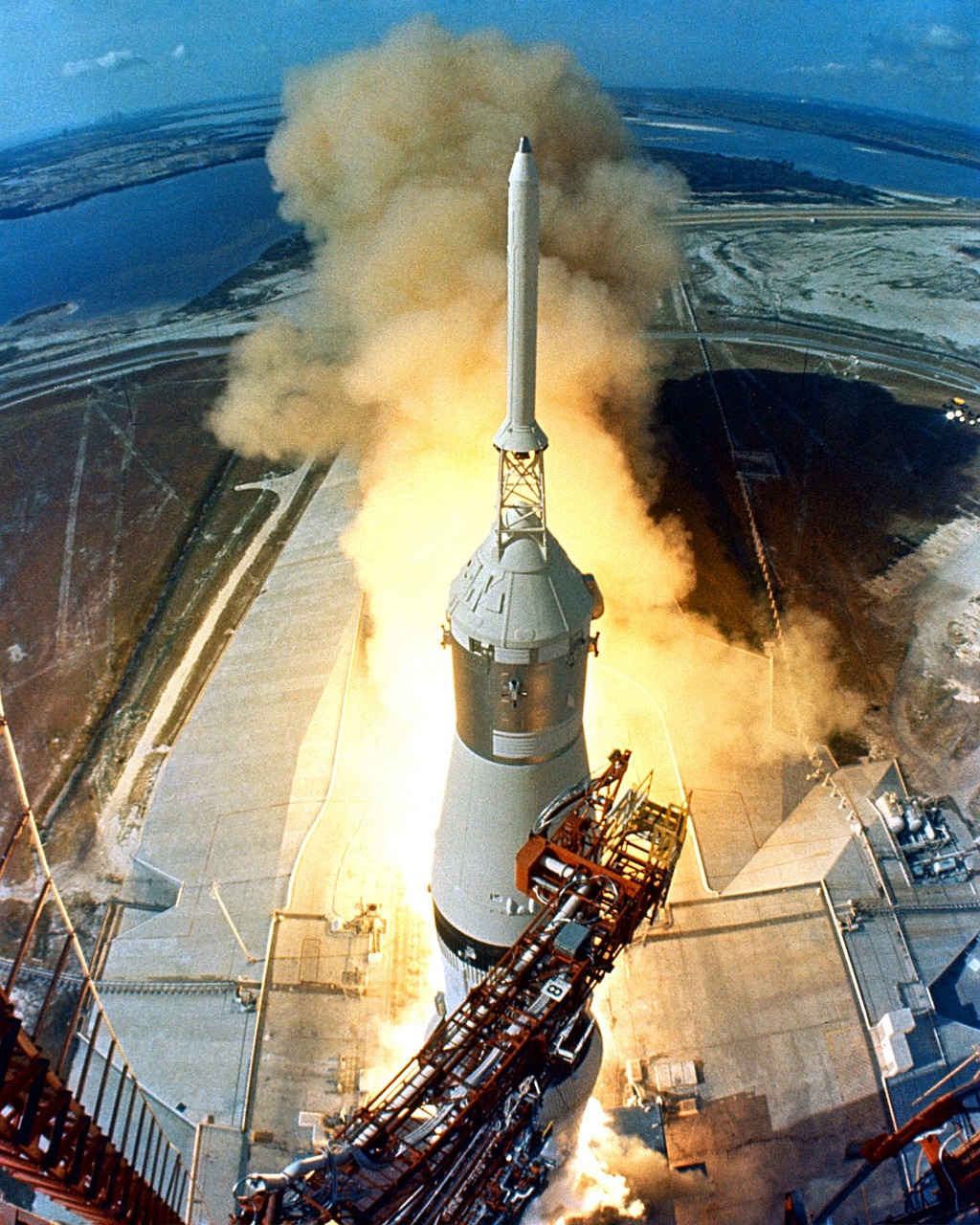
The year was marked by a grave sickness that hushed everyday life. The duumvirs undertook numerous rites as instructed by sacred texts to mollify the gods and eradicate the plague affecting the population. Nevertheless, the death toll was substantial, impacting both the urban centers and rural areas, claiming the lives of both humans and animals.…
-

This week, we delve into a two-part exploration concerning Apollo, considered one of the most pivotal Hellenic deities revered in Rome. The question arises: How did this Greek god gain such a prominent status within Roman culture? Let’s examine both the tangible and intangible influences of Apollo in the heart of Rome. The concept of…


